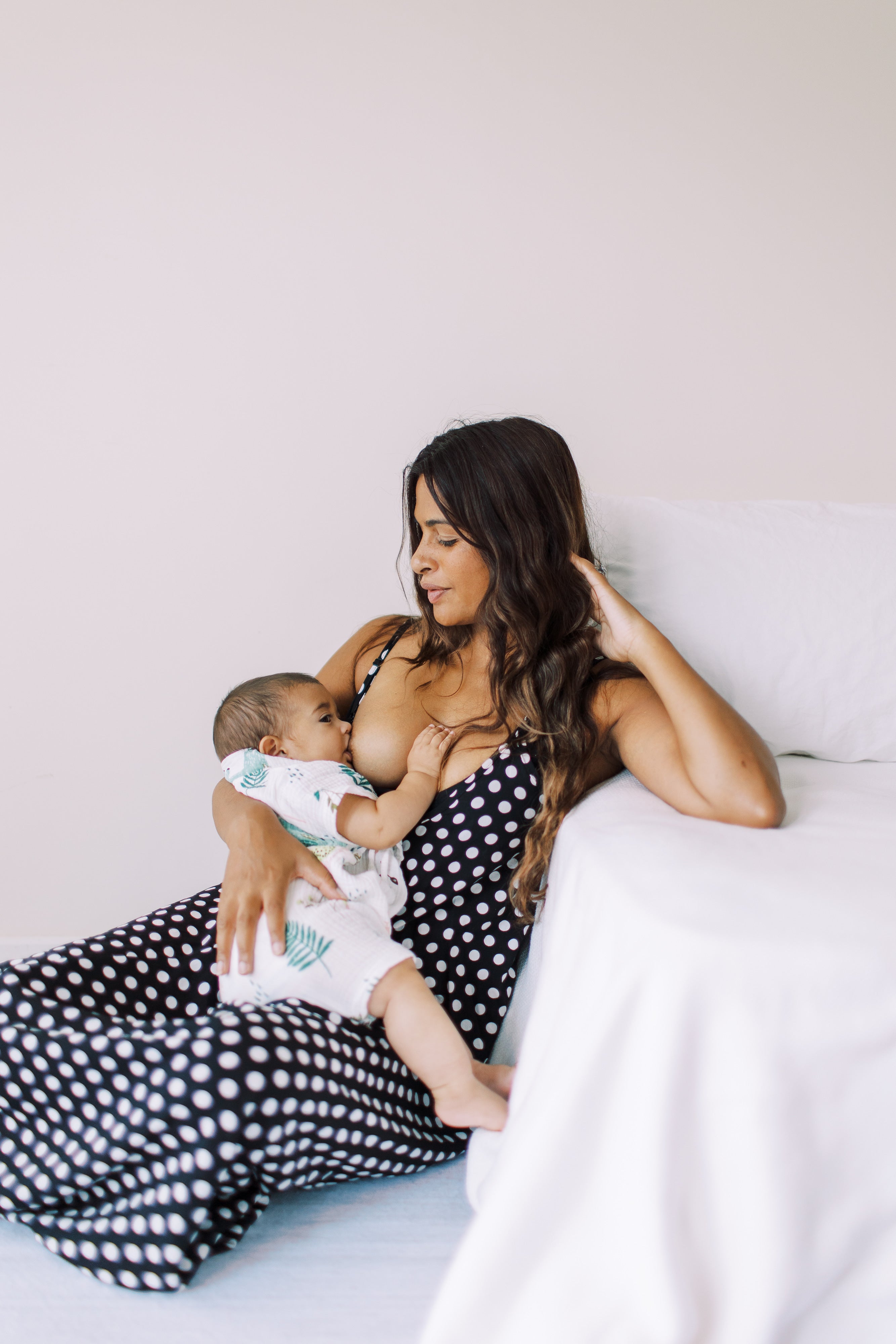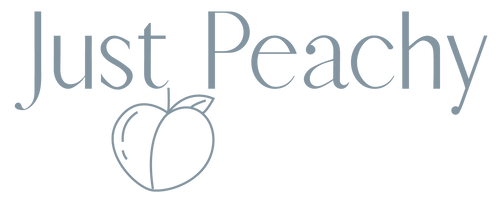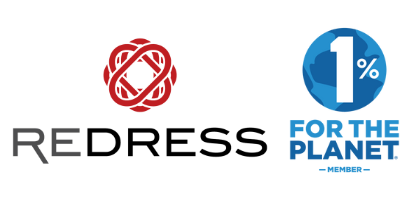Just Peachy's founder Victoria chats with Liz Thomas, founder of breastfeeding support campaign movement #Ittasteslikelove and avid cloth diapering mama of three, about the common challenges that cloth diapering and breastfeeding face with adoption, accessibility of information, support and social acceptance. Let's hear Liz's personal cloth diapering journey - the good, the bad and the ugly of her personal experience, as well as her tips for parents new to cloth nappies and, drawing parallels with breastfeeding, how she thinks we'll eventually come to accept and love cloth diapers as a society
1) How old was your little one when you started cloth diapering?
My oldest was around four months when I first tried it and I remember feeling a real relief that there was less going to landfill. I’ve used them for all three of my children now and while it’s a small thing in the scheme of things - particularly if you have a larger than average family - I am a firm believer in doing all the good I can do in the world.

2) What do you say to critics who claim there are bigger things to worry about than normalising cloth diapers, breastfeeding etc?
I disagree with the idea that because the planet faces big problems we cannot tackle smaller ones - that kind of thinking is the fastest way to ensure nothing changes.
I remember people mocking the movement to ban the straw and the plastic bag, pointing to all the ‘bigger’ problems the human race faces. But that’s a myopic way of looking at the world.
The straw ban in literal terms saves wildlife and reduces single use plastic in our coasts and waterways and ultimately in our food chain, but it is also driving discussion, in schools and workplaces, and has lead to people adopting more broader ‘zero-waste’ lifestyle changes, companies taking action, and ultimately might mean the next generation thinks smarter and does better.
Similarly we know disposable nappies clog up landfill, leaving us in a bizarre position where our baby bowel movements could effectively outlive us. Given the way the population is growing, and demand for disposables is soaring, it makes sense to try a mix of alternatives where we can. Yes big business pollutes, yes governments need to take action but I think we underestimate the power we have as consumers to demand and drive change.
For breastfeeding - this isn’t a minor issue. · The World Health Organisation states that breast milk is the optimal food for human babies and estimates that if every baby was exclusively breastfed to its recommended guideline of six months (currently it is just one in three globally) 800,000 more children would survive each year.
· It would also save $300 billion in healthcare costs.
· Right now breastfeeding helps prevent an estimated 20,000 deaths from breast cancer, and if those figures rise - tens of thousands more could survive.
· Normalising breastfeeding means we’ll be able to reduce the environmental impact of formula, usually made from cow’s milk, - the dairy industry creates large amounts of greenhouse gases and is water and energy intensive, while breast milk is the original zero waste superfood. In the UK, scientists at Imperial College London found that if every mother met WHO nursing targets - it would be equivalent to taking more than 77,000 cars off the roads there each year.
· Normalising breastfeeding also means working with employers, health authorities, and governments to ensure that women aren’t being set up to fail by woeful maternity leave and hostile work environments. It will also mean getting more women up the career ladder.

3) What were your main motivations for cloth diapering?
I was struck by how as a society we became obsessed with giving babies organic food, or using chemical free cleaning products, trying our best to protect them now, but I began to wonder about the choices we make that will impact their future. Globally, the issue with waste is a challenge, in Hong Kong I’d say it is critical.
We had already begun reducing our reliance on single use plastic in our life and home, it made sense to keep trying to do better when it came to raising our children too.
This quote has long stuck in my head - and I think it shapes how I try to do things.
"The greatest threat to our planet is the belief that someone else will save it.” - Robert Swan OBE, the first man in history to walk to both the North and South Poles.
4) What did you find most challenging and what kept you going to overcome them?
In the beginning there were leaks and spillages and messes - there is some trial and error when it comes to cloth diapering as you have to work out how much absorbency each baby needs and the optimal time between changes for your kid.
What helped me persevere? I think accepting that I wasn’t going to be perfect with this but I would do what I could. So we use cloth diapers mainly for home or trips locally; for visits to the beach or pool we use swim reusables with neoprene swim pants and disposables for long journeys or when I know we won’t have easy access to changing facilities.

5) You've always been a huge proponent of change for the better and we admire all the work you've done to normalize breastfeeding. Why don't more people cloth diaper, in your opinion and how do we overcome that as a society.
Firstly, I think many people are put off by the initial outlay. It feels expensive to buy the packs, inserts, liners at the outset - especially if you are unsure or new to using cloth nappies. I think people forget that actually in the long run, disposable nappies will cost far more.
People tell me the same about lactation consultants, that it’s so expensive, and it can be, but if you want to breastfeed then having the right help will save you thousands of dollars in formula in the longer term. It really is about shifting perspective from instant fixes to long term solutions. I think people are now realising that they can buy pre-loved cloth nappies also and that many brands have adjustable buttons so they can last a long time. That might help the financial hurdle to purchasing.
Perhaps for my generation also - people over 35 - there is a vague memory of cloth nappies being scratchy towels held together with safety pins that might mean they dismiss the idea initially, but now there are so many beautiful, soft, practical choices that things are changing - especially for the Instagram/TikTok generation who document every element of parenthood.
I am a firm believer that imagery drives change - the more you see something, the more normal it becomes. So yes I think social media does have an impact, one of the reasons our @Ittasteslikelove instagram is dedicated to breastfeeding as art, celebrating the beauty of it and photographers who shoot it - is to help normalise it.
Since the beginning of time people have loved looking at beautiful things, so this aesthetically pleasing bit, helps open up the conversation about the tougher elements, the raw reality.
In the 1990s there was a huge scandal when Demi Moore posed artfully nude, seven months pregnant for the cover of Vanity Fair. Thousands complained, Walmart put the issue, shrink-wrapped as though it were a porn publication, in its adult magazine sections. Other supermarkets refused to sell it at all and there were calls for it to be banned entirely. Thirty years on that pose has been replicated by countless celebrities, hailed by Time magazine as one of the top 100 most influential images of all time, and family photographers offer this kind of maternity shoot as standard. That picture helped change the way pregnancy was conceived and lead to more open discussions about everything from miscarriage to hyperemesis..
Today posting an uncovered nursing shot can provoke a similar hysterical response from some, but more and more stars are documenting this important part of their motherhood journey - whether it’s Rachel McAdams pumping milk in Versace, or Gisele breastfeeding on shoot and more photographers are offering this option - just as they do glamourous maternity and newborn shoots.
I think in a way it’s the same with cloth nappies - the more it's shown, discussed, highlighted, the more people feel inclined to try it for themselves and then that can be a springboard.

6) Share with those who are curious but haven't yet started: what do you know now that you wish you knew at the very beginning?
That you can take things at your own pace, in your own time and to your own schedule. That using cloth nappies doesn’t mean that you then can never use a disposable ever again. This is all about doing as much as you can, in line with the needs of our family. We ran a social enterprise called Food Savior, aimed at reducing food waste and what ends up needlessly polluting in landfill and I felt that this statement from activist Anne-Marie Bonneau really summed things up: “We don't need a handful of people doing zero waste perfectly. We need millions of people doing it imperfectly."
Photo credit: Mai Fotography for the #Ittasteslikelove campaign to normalise breastfeeding


